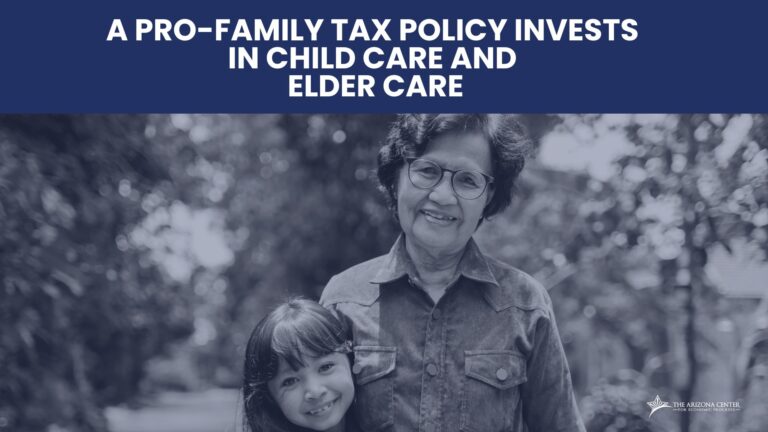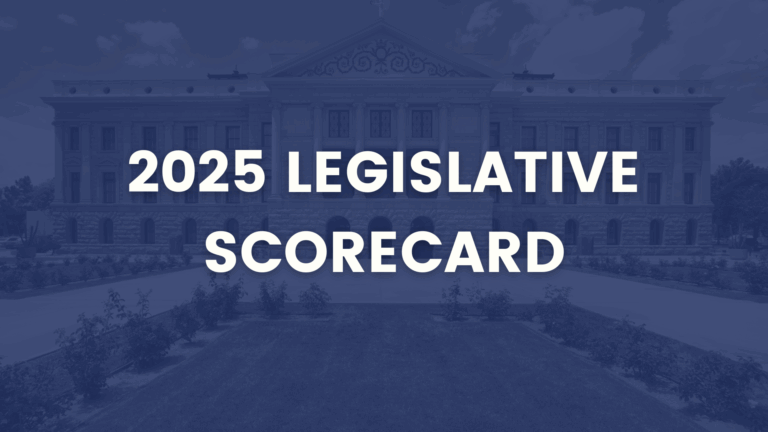
State Budget Proposal Creates Structural Deficit to Give Tax Breaks for the Rich
Lawmakers are considering a state budget proposal that will shrink state revenues by more than $1.5 billion each year, gives huge tax breaks to the rich, and will create a structural deficit starting in fiscal year 2023. One of those tax breaks is aimed at taxpayers who are in the top one percent of incomes who will be subject to the new 3.5 percent surcharge created by the passage of Proposition 208. Prop 208 will provide an estimated $948 million in new revenue for Arizona’s public schools that will flow directly to schools separate from the state’s general fund. However, instead of having these wealthy individuals pay what they owe, lawmakers want to have the state cover the Prop 208 tax obligations for the rich through general fund revenues – the revenues that are used to pay for most state spending.
In the budget proposal released this week by legislative leaders and Governor Ducey, they score this particular tax break for the rich as a one-time cut to revenue impacting the general fund in each of the next three years. Yet, it is clear that lawmakers intend for this to be a permanent change. If this is a permanent change to the tax code, then the impact to the general fund will be ongoing each budget year, resulting in structural deficits starting in fiscal year 2023 and beyond. What’s more, the structural deficit will be compounded in fiscal year 2026 when the $251.5 million in revenue for public schools created by the passage of Prop 123 in 2016 expires.
Supporters of this budget proposal are using budget gimmicks to disguise unsustainable tax cuts that will put the state in a hole in a couple of years in order to give huge tax breaks for the rich. A budget that is particularly tone-deaf at a time when there are so many Arizonans who are struggling from the impacts of the COVID health and economic crisis, and who will be the ones hurt the most by the cuts to state services that would likely follow when there are budget shortfalls.



